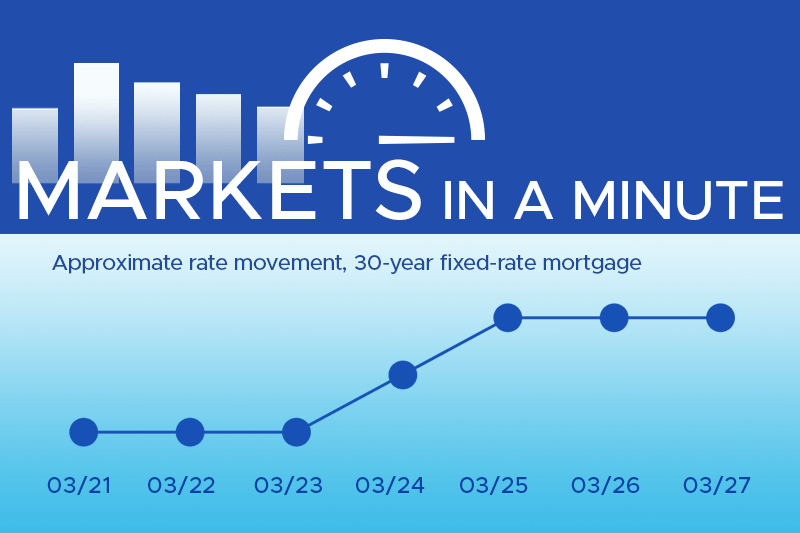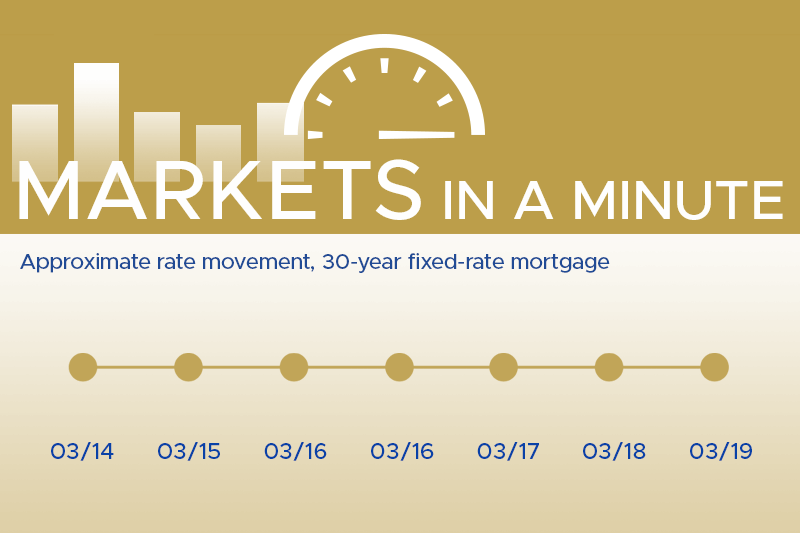At Thompson Kane, we stay ahead of shifting market trends so you don’t have to.…
Loan Application: The Documents Your Loan Officer Will Ask For
If you are a first-time homebuyer (or even if you’ve done this a few times), it can be easy to get bogged down in the requests for paperwork coming from your lender. Here are a few of the most common documents that loan officers need when processing and approving your mortgage application.
- Income Verification: This can take the form of a W-2, 1099, or any other IRS document providing a comprehensive record of your income. For those who are self-employed, submitting a copy of your business’s financial records that reflect income is acceptable. However, be prepared to present a more extensive historical overview, along with additional verification methods such as invoice receipts.
- Taxes: Lenders typically request copies of your tax returns from the previous two years. If you are self-employed or have undergone changes in employment or income, they may require additional years of tax returns.
- Assets: Inclusion of existing property, stocks, retirement accounts, or any other assets is crucial. Your lender will factor these into the approval process for your loan.
- Debts: Concealing debts from your lender is unhelpful and will disqualify your loan application. They will appear on your credit report. Providing statements that display the current balances of all your debts, including mortgages, car loans, student loans, credit cards, or any other debts, is necessary.
- Identification: Naturally, lenders want assurance that the loan applicant is the actual person they claim to be. Given the prevalence of identity theft in the financial industry, a responsible lender will implement necessary safeguards to protect your personal information and verify your identity. One such measure is requesting a valid form of photo ID.
- Credit Score: While your lender will independently obtain your credit score, you’ll need to sign a form authorizing them to do so. Your credit score, derived from factors such as current debts, payment history, and others, provides a numeric representation of your creditworthiness. A higher score indicates greater creditworthiness.





